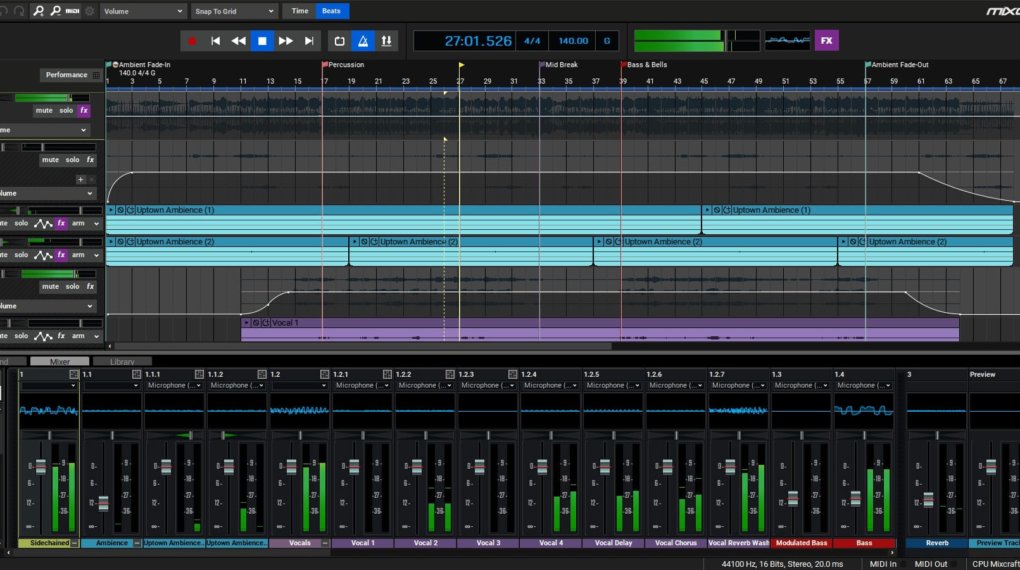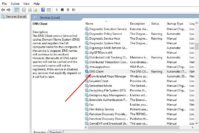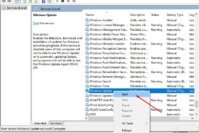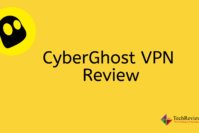Shocked? Surprised? Well, that was me when a reader first asked me about how can he use GarageBand for PC? When I answered, there is no GarageBand for Windows, he further asked, is there any alternative to GarageBand for Windows PC? So, I thought of addressing this question and help you with finding the best GarageBand alternatives for PC.
Of course, we are all aware that GarageBand is not available for Windows. And, if you are a music maker, you must have heard about how handy GarageBand comes in – even if you haven’t used it personally.
I mean, technically, GarageBand is so different. Hence, we talk about some potential GarageBand alternatives that can work for you on Windows PC. Fret not, some GarageBand alternatives we mention here can do even better than what GarageBand does – maybe not in the same way, but you can surely pull that off.
So, considering the alternatives for your use cases, I would recommend you to spend a good amount of time exploring the options that we tell here.
Contents
Top 5 Best GarageBand Alternatives for Windows PC
So, in this article, we are going to cover the best alternatives to GarageBand for Windows PC.
Note: Unlike other lists on the Internet, we’ve tried these solutions personally to recommend the best for you.
1. LMMS
LMMS is a great GarageBand alternative if you want to get started making music on your Windows system. Not just limited to Windows, but LMMS is a cross-platform Digital Audio Workstation (DAW) that is perfect for music creation both for beginners and professionals.
You will also get bundled plugins/VSTs included to make things easier when trying to make a piece of music on your system. Of course, for some obvious reasons, you may not get the same ease of use as GarageBand – but it is still relatively easier. It supports MIDI and other playback instruments, just like a full-fledged DAW should.
Fret not, this is a free GarageBand alternative that features a lot of options without taking a penny from you.
The best thing about LMMS is that it is an open-source solution that just works out of the box. So, make sure to give it a try.
2. Mixcraft 8

I am a huge fan of Acoustica’s Mixcraft 8. I have utilized Mixcraft as a GarageBand alternative for some of my personal projects as well.
Of course, this should be subjective, but analysing the user interface after using several digital audio workstations makes me want to recommend this for every beginner out there.
Not just limited to beginners, but some of my ‘pro’ friends also seem to like it very much, just because it is a lightweight software that can do all the tough studio-grade work with ease.
So, is this an alternative to GarageBand for PC? Sure, why not! It is easy to use and robust at the same time. It checks all the ticks to become a great GarageBand alternative.
Also, I must mention that it is not free software, unlike LMMS. So, you get the option to opt-in for the home edition for recordings and the pro version for serious musicians.
3. FL Studio

This is rather a very popular recommendation to use instead of GarageBand on PC. Similar to the above solutions, you can try it on other platforms too (except Linux).
FL Studio is a full-fledged beat making software that we’ve already mentioned in some of our previous articles. You can do every studio-grade work using FL Studio. However, you should note that when it comes to beat/music-making, it requires a certain level of expertise to make the most out of FL Studio. In other words, it is not easy to use for beginners.
So, I insist you watch a couple of videos on YouTube or read the documentation to get started using it properly. Of course, you can play around – but I recommend going through the tutorials because I’ve wasted a lot of time tweaking the options. So, just my personal recommendation for someone who wants to use FL Studio as a GarageBand alternative for Windows.
4. Reaper

Reaper is an under-rated DAW. Similar to Mixcraft, it is a lightweight software while being a robust and complex platform for professionals. At the same time, it is easy to use for beginners as well.
I haven’t had the chance to use the latest version, but I am willing to bet that it could help you produce better music as an alternative to GarageBand on your Windows PC. It supports VSTs and MIDI instruments.
To consider the pricing plans, it is even cheaper than Mixcraft – which is supposedly the best affordable DAW. If you are going to utilize it for commercial purposes, it is going to cost you a bit more (~200 USD) but if it is for your personal or individual usage, it costs just 60 bucks, which is dirt cheap compared to the pricing of other music-making software available for Windows.
5. Music Maker

If you do not like full-fledged DAWs in place of GarageBand, you can try this as one of the best GarageBand alternatives for PC. Music Maker is a great companion to make professional-grade music. However, I find it mostly targeted at beginners than for serious professionals.
But, the most unique part here is – it features a huge library of loops that you can directly utilize. In addition to this, some unique virtual instruments make it an attractive catch to go for. You may not find it useful if you’re already comfortable with DAWs like Nuendo or Studio One. But, if you are just starting out, this is more than enough.
Do give it a try as an alternative to GarageBand for Windows!
Also Read: Best Singing Voice Editor Apps that Make You Sound Good
The Pro Review from TechReviewPro
Even though, we have a lot of alternatives to GarageBand for PC. it is almost impossible to replace GarageBand on PC. So, you can do all the same things easily – but should not expect the same user experience.
It is not rocket science – you can easily do better (than GarageBand does) on Windows. But, it takes patience and technical know-how to do it in the right way. As I mentioned earlier, you could take a look at the documentation and tutorials before purchasing or getting started with DAWs on PC.
Also, if you are new to this, the VSTs and available plugins or add-ons make a huge difference when it comes to the ease of creating or producing music. We’ll make a separate post on it soon enough – till then, you can check out what the popular musicians use as VSTs on YouTube.
What’s your take on this? Let us know your thoughts in the comments below.
Also Read:




